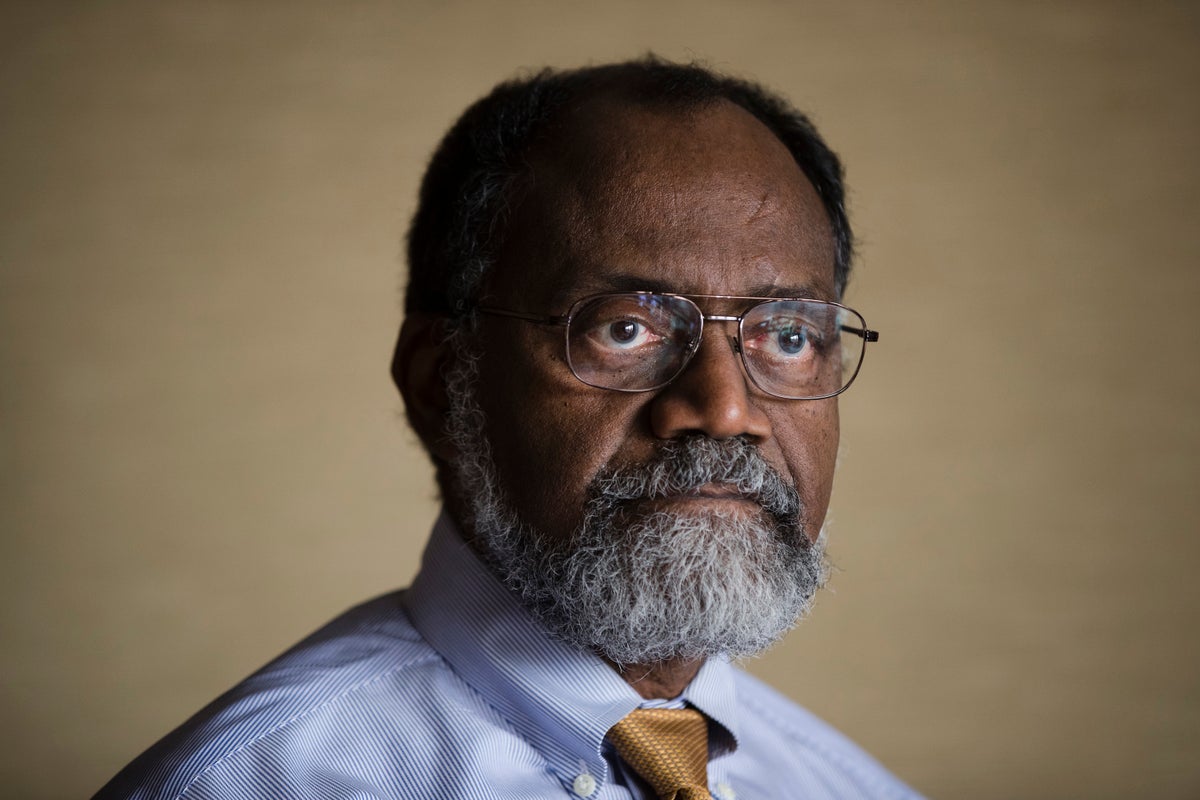
Your support helps us to tell the story
A man who spent 26 years in solitary confinement despite a history of mental illness can sue Pennsylvania prison officials for alleged cruel and unusual punishment, a U.S. appeals court said in reviving the man’s lawsuit.
Roy Lee Williams spent nearly all of his time alone from 1993 until 2019, when a legal settlement led the state to end the practice of routinely housing death-row inmates in solitary confinement.
Williams had been sentenced to death for killing a construction worker in Philadelphia in 1988. An Associated Press story on the 1992 trial reported that Williams, who is Black, had said he wanted to kill a white person because a white person had put him in jail in a robbery case.
He was sentenced to death row at 26. His mental health problems date back to at least age 14, when he was involuntarily committed to a psychiatric facility amid suicidal ideation, according to his lawsuit. Prison officials knew of his history of severe mental health and cognition problems at least by 1996, Senior U.S. Circuit Judge Theodore McKee wrote in the 2-1 ruling issued Friday, which reversed a lower court ruling.
While state officials argued that the Department of Corrections was not on notice before 2019 that its solitary confinement practices were unconstitutional, McKee found they were. He cited a 25-page letter outlining needed reforms the agency received in 2014 from the U.S. Department of Justice.
“The 2014 DOJ report concisely packaged much of the relevant and binding law and delivered it to the defendant’s doorstep,” said McKee, who sits in the 3rd U.S. Circuit Court in Philadelphia.
The ruling comes as at least a dozen states have banned or restricted solitary confinement and lawsuits in both Pennsylvania and around the country target the practice as well, especially for people with mental illness. Critics say a person’s mental health can deteriorate quickly in isolation, leading in some cases to self-harm.
Williams, who filed his initial lawsuit without the help of a lawyer, described a six-month disciplinary period he once spent without even a radio as being “isolated on top of being isolated,” according to the ruling.
The 3rd Circuit also revived Williams’ claim that prison officials ignored his right to services under the Americans with Disability Act.
“The evidence here is uncontradicted,” McKee wrote. “By neither removing Williams from solitary confinement for 26 years, nor making modifications to his conditions of confinement, the DOC failed to act."
Williams remains in custody, and under a death sentence, in a state prison near Philadelphia. He is represented by the Pennsylvania Institutional Law Project, which has filed a number of similar suits alleging undue harm from years of isolation. Some lawsuits seek policy changes, while Williams is seeking money damages since he is no longer in solitary confinement.
“His is the first to go up on appeal. So I think this opinion definitely will help all those other men whose cases are currently pending in trial courts right now,” said Matthew Feldman, a supervising attorney with the group.
The Department of Corrections and the state Attorney General’s Office, which argued on its behalf, did not immediately returned email messages seeking comment on the case. In the past, they have often declined to comment on pending litigation.
According to Feldman, about 5% of the state's prison population is in solitary confinement. He said that about half of that group — compared to one-third of the overall prison population — have a history of mental illness.
People living in solitary confinement typically only get about an hour a day outside of their small cell, and are often restrained when they leave it. Advocates say it's difficult to sleep because the environment is often loud and brightly lit, even at night.
“I personally find it inspiring that, despite all that these men have been through, they had the courage to sue their jailers,” Feldman said of Williams and others who drafted the initial suits on their own. "They had the ingenuity to file these cases and craft compelling legal arguments. And I guess they had faith that they could vindicate their rights in court.”







